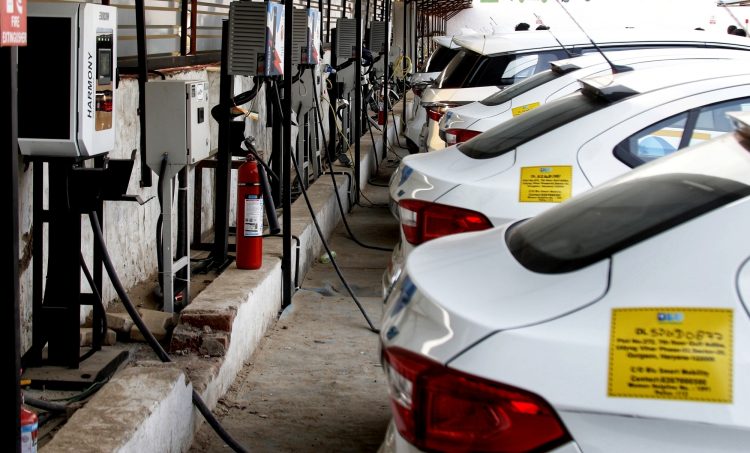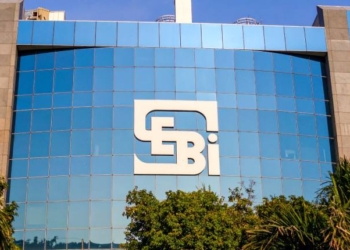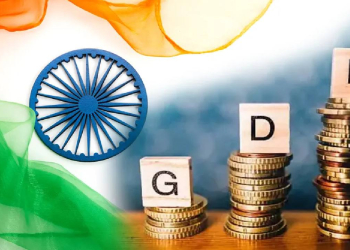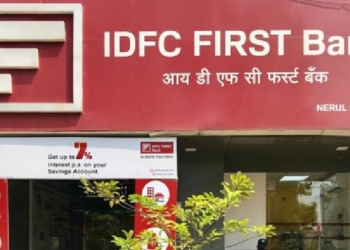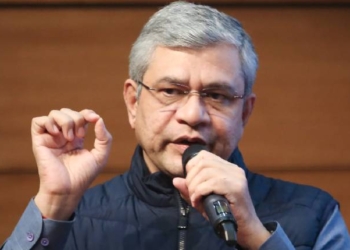New Delhi: An indigenously developed wireless charger for electric vehicles (EVs), capable of charging up to 90 per cent in around three hours, is set to be commercialised soon, the government announced on Monday.
According to the Ministry of Electronics and Information Technology (MeitY), the 1.5 kW wireless EV charger has been developed under the National Mission on Power Electronics Technology (NaMPET) by the Centre for Development of Advanced Computing (C-DAC), Thiruvananthapuram, in collaboration with Visvesvaraya National Institute of Technology (VNIT), Nagpur.
The charger is designed to operate on a regular 230V, 50Hz AC single-phase power supply and can charge a 4.8 kWh onboard battery pack at 48V using 30A current.
In a major step toward promoting ‘Make in India’ innovation in EV infrastructure, the MeitY said the charger has achieved a maximum efficiency of 89.4 per cent, even with a coil separation of up to 12.5 cm.
The technology also includes advanced safety features such as short-circuit and open-circuit protection and uses Silicon Carbide-based MOSFETs operating at 88 kHz.
The transfer of technology (ToT) for this charger has been handed over to M/s Global Business Solution Private Limited for commercial production.
This announcement was made during a meeting chaired by MeitY Secretary S. Krishnan, where several other important technology agreements were also signed.
As part of India’s push for indigenous solutions, a Memorandum of Agreement (MoA) was signed between C-DAC and Indian Railways’ Chittaranjan Locomotive Works, along with three industry partners, for the development of an Indian-made propulsion system for electric locomotives.
The plan is to create a system that integrates two 2.5 MVA traction converters, three 130 kVA auxiliary converters, and a high-tech train control and management system (TCMS).
This is in line with the Indian Railways’ goal of achieving full electrification by 2030.
In another initiative focused on green energy, a Memorandum of Understanding (MoU) was signed between C-DAC and the Kerala Development and Innovation Strategic Council (K-DISC) for the deployment of a 48V Low Voltage Direct Current (LVDC) system.
The move is expected to reduce energy consumption by 20-30 per cent and supports Kerala’s Carbon Neutrality Roadmap 2050 as well as India’s Net Zero 2070 mission.
Speaking at the event, Secretary Krishnan emphasised the importance of indigenous technology in power electronics, especially in areas like EV charging, rail transportation, and renewable energy.
(IANS)




